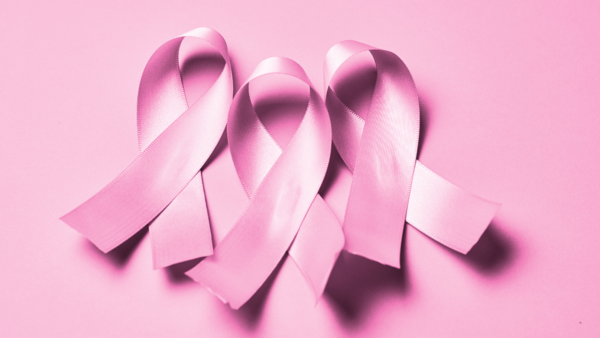[ad_1]
Hina Khan Battles Breast Cancer | Here’s Her Health Update | All That You Need To Know
As reported by the journal “Cancer,” breast cancer remains the most common cancer among women in India, accounting for 28.2% of all female cancers, with an alarming estimate of 216,108 cases by 2022. The age-standardised incidence rate of female breast cancer has surged by 39.1% from 1990 to 2016, highlighting a concerning trend across all states of India over the past 26 years.
What is breast cancer: Symptoms and precautions
Breast cancer is a tumour that originates in the cells of the breast. It typically begins in the lining of the milk ducts or lobules and can spread to other body parts if not treated quickly. Common symptoms include a lump in the breast or underarms, changes in the shape or size of the breast, nipple discharge, or persistent pain in the breast area.
“Although the precise etiology of breast cancer is still unknown, research has found a number of risk factors that may be involved. A person’s risk of contracting the condition may be raised by a mix of lifestyle, hormonal, and hereditary factors. In particular, exposure to hormones like progesterone and estrogen, or a family history of breast cancer, can all raise the risk. Contributing variables include age (with the risk increasing after the age of 55), thick breast tissue, and radiation exposure. Moreover, sedentary behavior, obesity, and alcohol consumption are lifestyle factors that may contribute to the development of breast cancer,” expained Dr Arun Kumar Goel- Chairman & Head, Surgical Oncology, Andromeda Cancer Hospital Sonipat.

Image: Canva
Work and social pressure can impact the risk factors of breast cancer
“Social and work pressures lead women to marry later and delay childbearing, impacting breastfeeding practices and increasing breast cancer risk. Obesity is another significant risk factor. Women with a body mass index (BMI) over 31 have a higher risk than those with a BMI under 23. Physical fitness and maintaining a healthy weight can lower the risk, though it does not eliminate it completely,” said Dr Mandar Nadkarni, Surgical Oncology, Head – Breast Oncology, Surgeon – Colorectal Oncology, Kokilaben Dhirubhai Ambani Hospital, Mumbai.
She added, “Genetics plays a role in less than 10% of breast cancer cases. Most breast cancer cases occur due to non-genetic factors, including the previously discussed lifestyle and reproductive factors.”
Early detection is important for successful treatment, so regular self-examinations and mammograms are recommended. Adopting a healthy lifestyle, maintaining a balanced diet, and avoiding excessive alcohol consumption might reduce the risk of developing breast cancer. Awareness and education about breast cancer can empower women to seek medical attention, which is critical in fighting this disease.
Rising cases among younger women
The incidence of breast cancer among younger women has been increasing significantly over the years. Breast cancer was considered a disease that primarily affected older women, but recent trends show a shift, with more cases being diagnosed in women under the age of 40. This alarming trend is raising questions among experts about the underlying causes.
Breast Cancer: Early signs of the disease one must never ignore
According to a study published in the “Journal of Global Oncology,” breast cancer cases among younger women have been increasing in India, reflecting a global trend. The study indicates that lifestyle factors, such as increased consumption of high-fat diets, sedentary behaviour, and delayed childbirth, are contributing to this rise. The study highlights that younger women are often diagnosed with more aggressive forms of breast cancer, which tend to progress faster and require more intensive treatment.

Image: Canva
Why are younger women more susceptible?
Several factors contribute to the rising incidence of breast cancer in younger women. One of the primary reasons is the changing lifestyle, which includes poor dietary habits, lack of physical activity, and increased stress levels. These factors are linked to obesity, which is a significant risk factor for breast cancer. A study in the “International Journal of Cancer” found that obesity increases the risk of breast cancer in premenopausal women, suggesting that weight management is important in reducing the risk.
Another contributing factor is genetic predisposition. Women with a family history of breast cancer, especially those with mutations in the BRCA1 and BRCA2 genes, are at a higher risk. “Unchecked cell development in the breast tissue is the root cause of breast cancer. Several risk factors are involved in its development. Genetic mutations dramatically raise the risk, especially those involving the BRCA1 and BRCA2 genes. Hormonal variables are also very important, including extended exposure to progesterone and estrogen,” said Dr Rohan Khandelwal, Lead Consultant and Head of the Breast Centre at CK Birla Hospital, Gurugram.
[ad_2]
Source link






